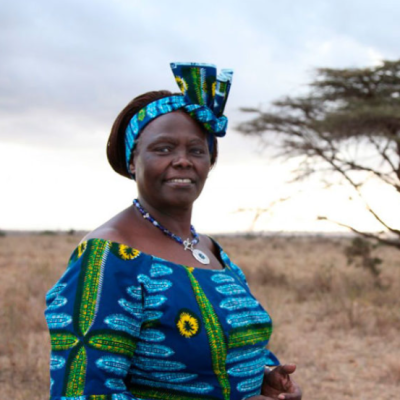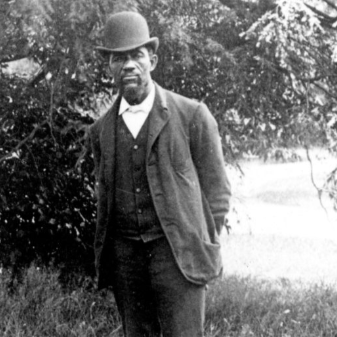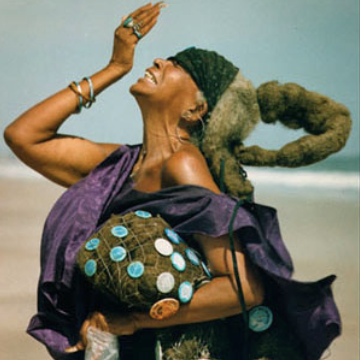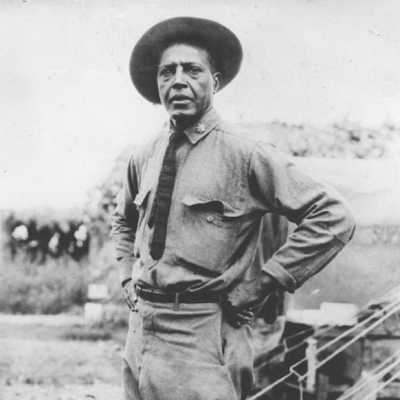Celebrating Impactful Black Environmentalists This Black History Month
February is Black History Month, and the Environment & Sustainability team is celebrating by highlighting some of the incredible Black environmentalists who have devoted their lives to protecting the planet and have creating a lasting impact on the environmental movement. From activists bringing attention to environmental justice issues to innovators who have developed sustainable technology, Black environmentalists have always been on the front lines fighting for a better world for us all. So, to kick the month off, we’re going to highlight some land conservationists – people who we can thank for advocating for the protection of our natural lands.
Solomon Brown was the first African American employee of the Smithsonian. He worked there for 54 years and served under three secretaries. He came from a family of six children, and after his father passed away when he was young, he was never able to get a formal education. Despite this, he educated himself about natural history, and while rising in the ranks of the Smithsonian was able to create many illustrated maps and specimens and even gave talks on entomology – the study of insects.
MaVynee Betsch was a celebrated opera singer who toured internationally. But after performing around the world, she decided to give it all up and instead devote her life to protecting America Beach – A beach located in Amelia Island, Florida that her grandfather A. L. Lewis (Florida’s first Black millionaire) had created during the Jim Crow era to be a place of rest and relaxation for African American people who were otherwise banned from most beaches. She spent her life keeping the beach clean, educating people about its history, and ultimately donated her large inheritance to environmental causes.
Captain Charles Young
Captain Charles Young was born to parents in Kentucky who had escaped enslavement, and shortly after his birth moved north to Ohio. An exceptional student, Charles became only the third African American to graduate from West Point, where despite facing racial discrimination and animosity, was able to rise in the ranks and become a captain in the U.S. Military. Eventually, he became the nation’s first ever Black National Park Supervisor, where he managed Sequoia National Park in California, once writing “Indeed, a journey through this park and the Sierra Forest Reserve to the Mount Whitney country will convince even the least thoughtful man of the needfulness of preserving these mountains just as they are, with their clothing of trees, shrubs, rocks, and vines, and of their importance to the valleys below as reservoirs for storage of water for agricultural and domestic purposes.”
Dr. Wangari Maathai
1940 – 2011

Dr. Wangari Maathai is a scholar from Kenya who is known for founding the Green Belt Movement – an initiative created to plant trees in partnership with local communities so they can be planted sustainably and improve the lives of people living in those communities, which has resulted in the planting of over 51 million trees to date. During her lifetime, she accumulated an impressive number of accomplishments, including being the first East or Central African woman to earn a doctorate degree, being the first African woman to win the Nobel Peace Prize, and being the first person ever to win the Nobel Peace prize for environmental efforts.


